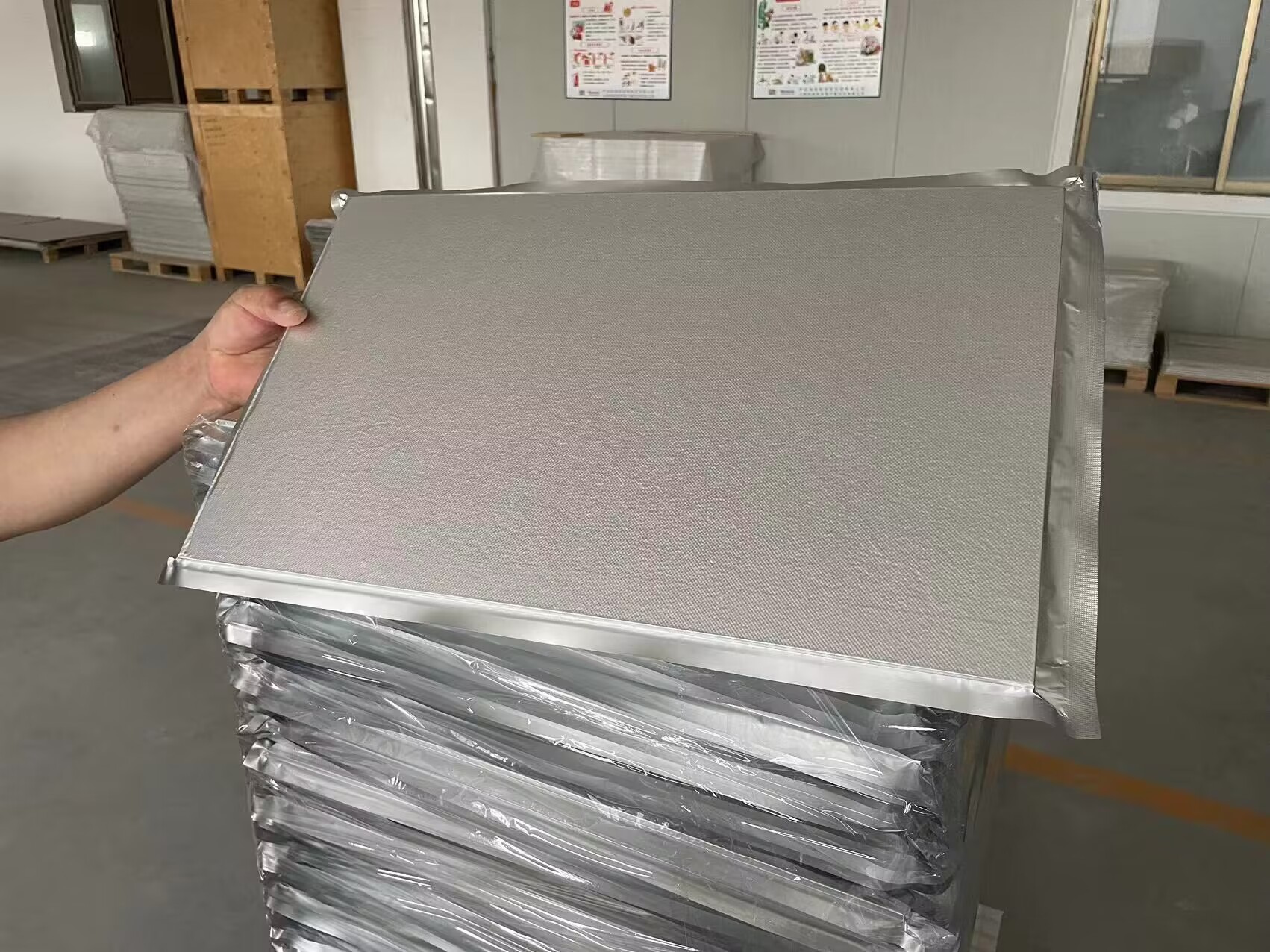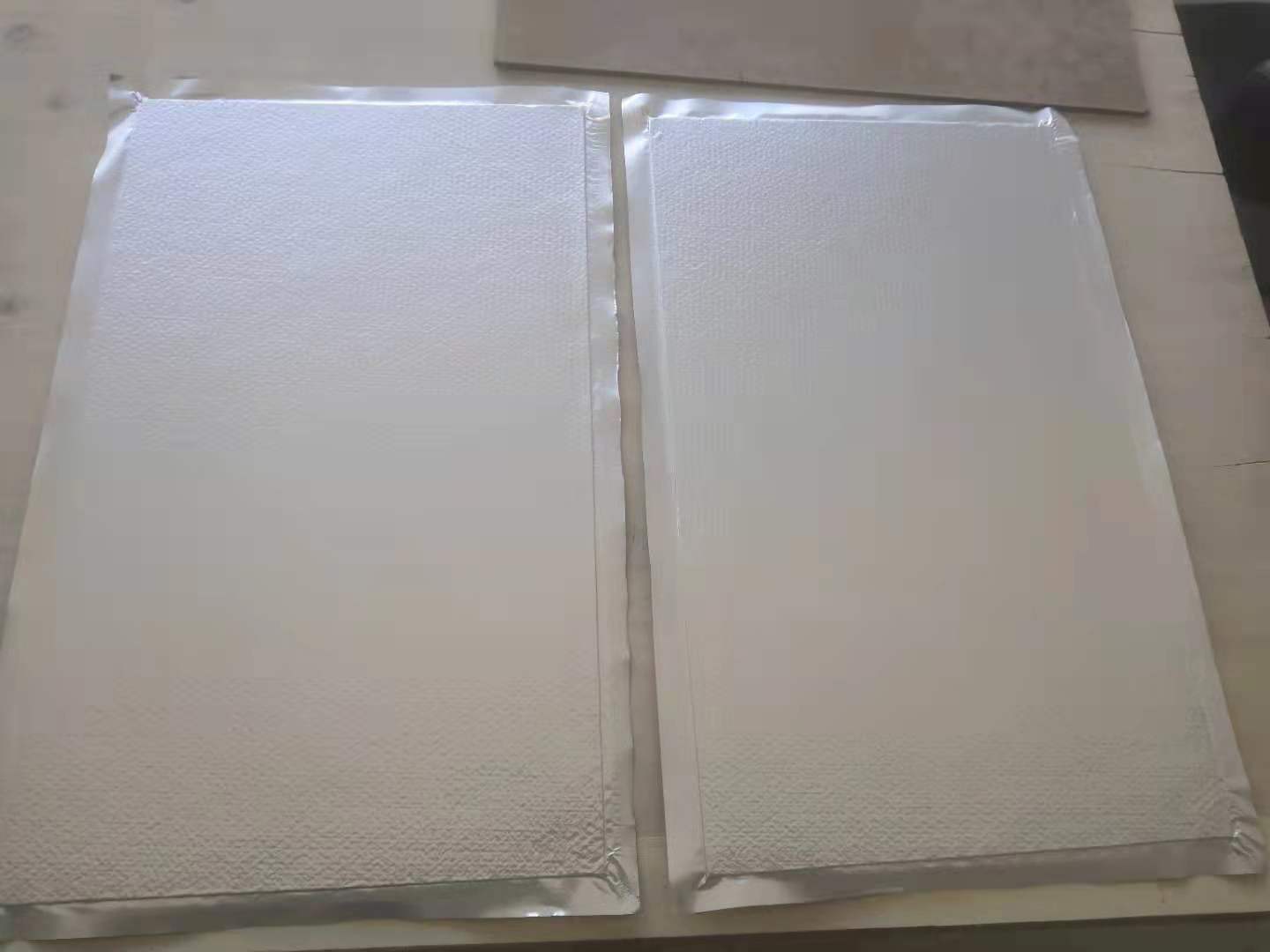Microporous Board: Revolutionizing Thermal Insulation with Advanced Nanoporous Technology
In the evolving landscape of industrial and construction insulation, the microporous board has emerged as a game-changing solution. Combining cutting-edge nanotechnology with robust thermal resistance, this ultra-low-conductivity material is redefining energy efficiency in high-temperature environments. Whether you're insulating furnaces, pipelines, or commercial buildings, understanding the proper use and benefits of microporous insulation boards is critical to maximizing performance and cost savings.
What is a Microporous Board?
A microporous board (also known as a nanoporous insulation slab or thermal insulation panel) is a lightweight, high-performance material engineered to minimize heat transfer. Its structure comprises microscopic pores (<100 nm) that drastically reduce convective and conductive heat flow. This makes it ideal for applications requiring fire resistance, thermal stability, and energy conservation.

Key Advantages of Microporous Insulation Panels
1. Exceptional Thermal Efficiency: With thermal conductivity as low as 0.020 W/m·K, nanoporous boards outperform traditional materials like ceramic fiber or mineral wool.
2. Fire Resistance: Rated up to 1,100°C (2,012°F), these high-temperature insulation slabs are indispensable in refractory applications.
3. Space-Saving Design: Their thin profile reduces installation space by up to 50% compared to conventional insulation.
4. Durability: Resistant to vibration, moisture, and chemical corrosion, micro-cellular panels ensure long-term reliability.
Applications of Microporous Insulation Materials
Industrial: Furnace linings, kilns, boilers, and exhaust systems.
Construction: Fireproofing walls, roofs, and HVAC ducts.
Transport: Insulating ship engines, aerospace components.
Energy: Thermal barriers for pipelines and LNG storage.

Microporous Board Technical Specifications
Below is a standard parameter table for a high-density nanoporous slab:
Item | Microporous board |
SiO2(%) | 50 |
Ti2Si2O5(%) | 45 |
Density (kg/m3) | 250-300 |
Classification temperature (℃) | 1050 |
Compressive strength(Mpa) | ≥0.25 |
Linear Change 900℃x24h(%) | 2 |
Thermal Conductivity(w/m.k) | 0.025 (Mean 400℃) |
0.028 (Mean 600℃) | |
0.034 (Mean 800℃) | |
Covering Materials | Aluminum Foil/ Glass Fiber Cloth/ PE Foil |
Why Choose Microporous Over Traditional Insulation?
Unlike bulky ceramic fiber boards or calcium silicate panels, nanoporous insulation materials deliver unparalleled thermal performance in a compact form. Their low heat storage capacity reduces energy loss, while their lightweight nature cuts transportation and labor costs. Additionally, their eco-friendly composition aligns with modern sustainability goals.
The microporous board is not just an insulation product—it’s a strategic investment in efficiency, safety, and operational cost reduction. By mastering its installation techniques and leveraging its advanced properties, industries can achieve unprecedented thermal management. Explore our range of nanoporous slabs, thermal insulation boards, and micro-cellular panels to transform your insulation projects today.
Inquiry Now
Please leave your e-mail and we will contact you as soon as possible
contact us
Your satisfaction is our top priority. Whether you have questions, need support, or want to share feedback, our dedicated team is ready to assist you every step of the way.